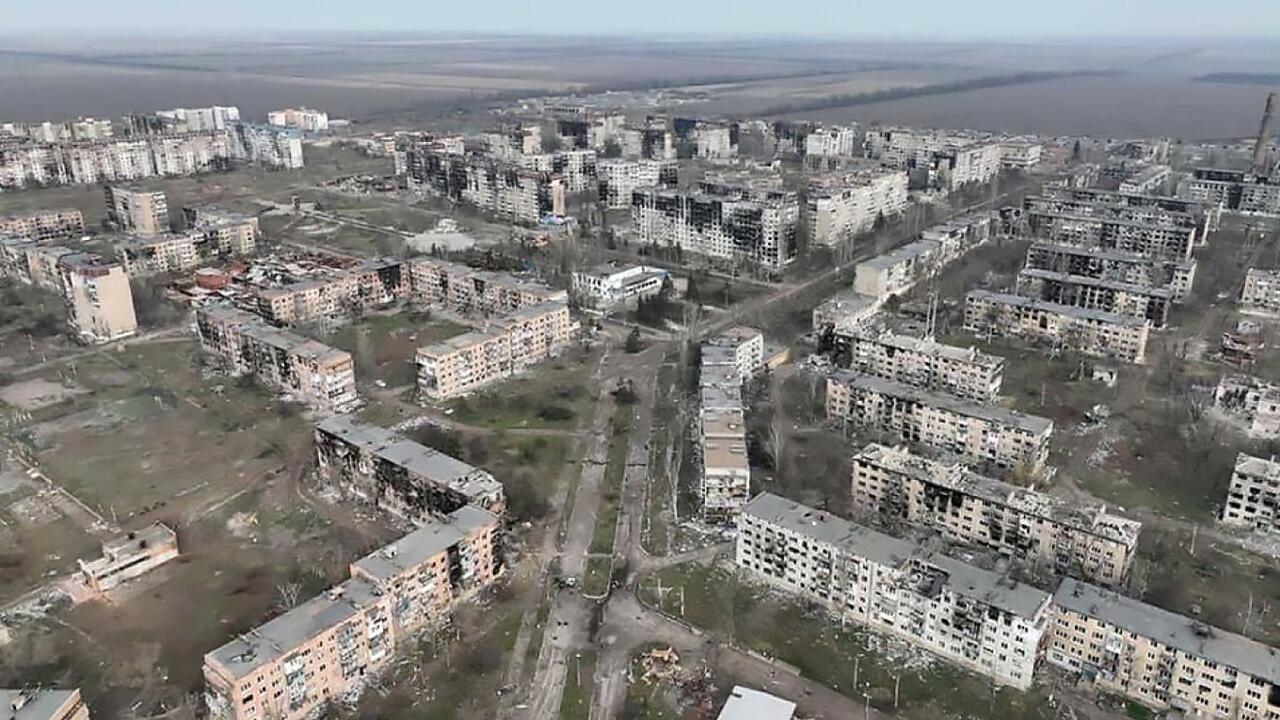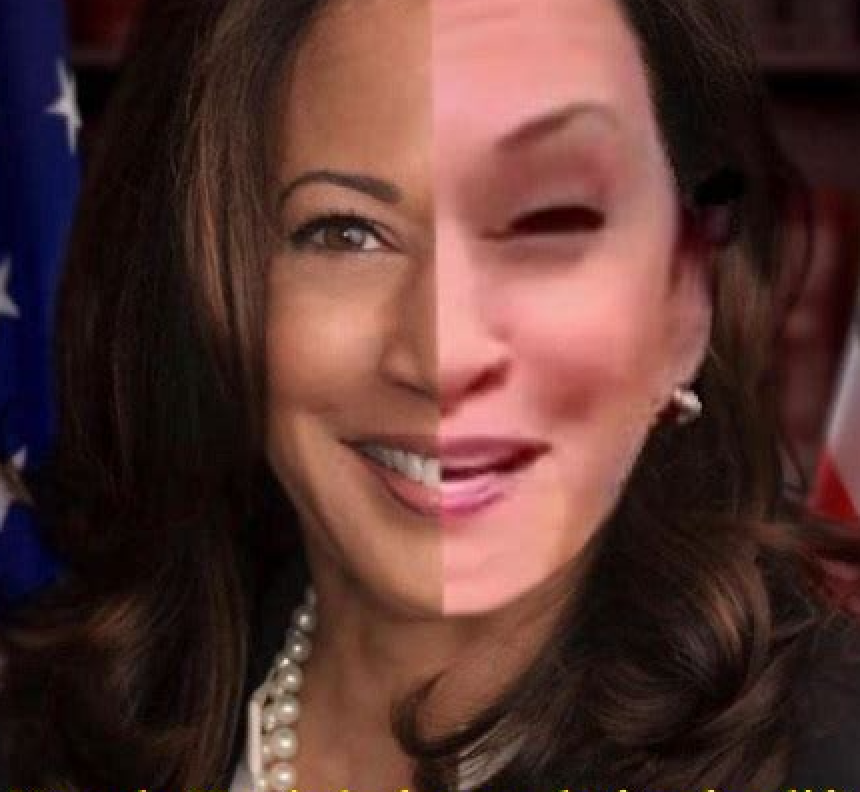The Austrian Election: FPÖ at 29.2% is now largest party in Austria
The National Council election on Sunday marked a turning point. For the first time in the Second Republic, the FPÖ (Freedom Party) came in first place nationwide, and clearly so. Still, other parties have said they will not cooperate to form a government.
Analysis from an email listr:
Months of barrage of hate speech by the globalist media against the FPÖ (Freedom Party), intensified in the last four weeks and escalated to the point of total perversity two days before the election, when secretly filmed FPÖ mourners sang the song “When All Become Unfaithful, we remain faithful” (original, English subtitles) at the funeral of one of their comrades and fraternity members, which was written in 1814. “The song was an SS anthem“, so the hate media vomited and ranted: “Nazi song at funeral: These FPÖ politicians were there!”
It was in vain. The trend that had been consolidated by the AfD, from Thuringia to Saxony to Brandenburg, continued unabated in the Austrian National Election on September 29, 2024. The word “Nazi”, which for decades had a magical destructive effect when a liberal-national movement was given it by the globalist fake-news industry, no longer works. On the contrary, the term “Nazi“, which once seemed devastating and deadly, now guarantees election victories. “Nazirites”, those exalted by God, as Amos says, attract young people, because young people in Austria feel first-hand in the streets that they are being killed by migration. And young people notice that it is not the National Socialists who want to kill them, but the globalist democrats.
So it was only logical that one of the most honorable people in German history, the chairman of the FPÖ, Herbert Kickl, was able to defeat the globalists at the ballot box on September 29, 2024, and expose their death program.
From the Jewish Telegraph Agency:
Far-right party founded by former Nazis wins Austrian election
The leader of the Freedom Party has taken the mantle of “Volkskanzler,” formerly claimed by Adolf Hitler.
The showing by the Freedom Party, known by the acronym FPO, is unprecedented there since the end of World War II and adds to a wave of support for far-right parties across Europe.
FPO took 29% of the vote on Sunday, twice its tally from the last election in 2017, according to early results. The center-right party that currently leads the government came in second, with center-left and left-wing parties posting historically poor results.
Whether the FPO is actually able to form a government remains to be seen. Leaders of the other parties have sworn not to enter a coalition with its leader, Herbert Kickl, who has said he wants to be seen as “Volkskanzler,” a term meaning “people’s chancellor” that Hitler used to describe himself. FPO was founded in the 1950s by former members of the Nazi SS paramilitary group.
In the lead-up to the election, the Austrian Jewish Students Union protested against FPO, saying that the group’s rise augured danger for Jews and others in the country.
“As young Jews, we often confront the tragic question of who would have hidden us during the Nazi era,” Alon Ishay, the group’s president, said in a statement shared by the European Jewish Congress. “The FPÖ leader’s response is brief and chilling: Herbert Kickl would have deported us.”
The wave of far-right successes across Europe are driven largely by rising anti-immigrant sentiment and discontent with the governing parties; the parties are typically fiercely nationalist and, in many cases, pro-Russia. A far-right politician, Geert Wilders, won the Netherlands’ national election in December, not long after a politician once photographed wearing a Nazi armband won Italy’s election. The far right in France posted stronger-than-expected results in the country’s surprise elections this summer. And earlier this month, a far-right party won a state election in Germany for the first time since World War II.
Herbert Kickl: The Putin-loving far-right leader, who has scored a big win in Austria
…
Kickl’s personal life
Kickl was born in 1968 in rural Carinthia in southern Austria. His schoolmates remember him as a contrarian in army surplus clothes.
Little is known about his personal life other than that he loves extreme sports and long hikes. However, Kickl has mastered the world of social media. He has been far more present on TikTok and Instagram than on the campaign trail and has avoided debates and interviews.
As Gernot Bauer and Robert Treichler, who recently penned a biography on Kickl, said in an Irish Times report, “For a politician, especially a party leader, Kickl is surprisingly shy and inhibited. “Kickl doesn’t want any unpleasant surprises, he wants to retain control of the story.”
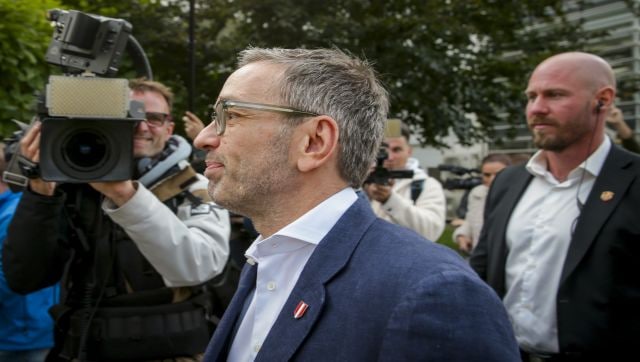
Rise and rise of Kickl
After joining the FPÖ in 1995 — for the unaware, the party was founded by the Nazis — Kickl was elected to parliament in 2006 and was tasked by the party to run its media operations for 13 years. It was during this time that he penned several of the party’s slogans and rhetoric — some being termed as xenophobic.
As the years rolled on, he rose to the top and is credited with helping the party’s rise in popularity too. In 2017, he was appointed as interior minister after the centre-right Austrian People’s Party formed a coalition with FPÖ under Sebastian Kurz’s chancellorship. In his time as minister, he questioned the European human rights convention and even proposed renaming refugee facilities “departure centres”.
He was later fired owing to the cash-for-favours sting operation against then FPÖ leader Heinz-Christian Strache.
In 2021, he took over the leadership of the FPÖ amid the COVID-19 pandemic. It was amid the pandemic that Kickl used the hatred against lockdowns and vaccinations to garner support.
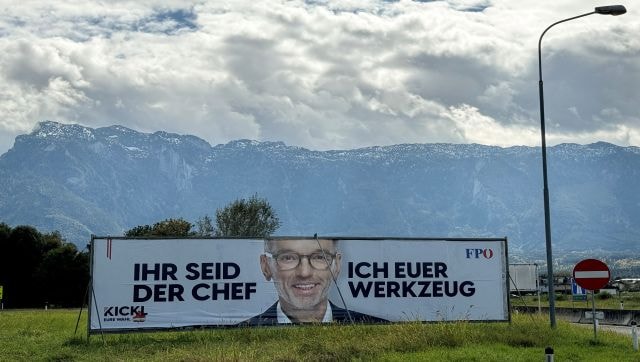
Kickl’s ambition to be ‘Volkskanzler’
However, many view Kickl as a danger for Austria. He views Hungary’s Viktor Orban as his hero and many of his policies are Orbanesque.
For instance, he is anti-immigration and for this election came up with the vision to build “Fortress Austria”. He wishes to overhaul Austria’s immigration system, registering all new arrivals and detaining them in specialist facilities. The party is also proposing to introduce “remigration” of “unwanted strangers” — deporting migrants to their country of origin.
He has also spoken of becoming Volkskanzler (people’s chancellor), a term that many associate with Adolf Hitler in Nazi Germany. However, he denies that Volkskanzler is a Nazi reference, adding that numerous politicians in the past have claimed the term.
Moreover, some believe that a slogan in this election campaign — Thy will be done — invokes the previous line in the Lord’s Prayer: “Thy kingdom come”—in German, Dein Reich komme, a reference to the Third Reich.
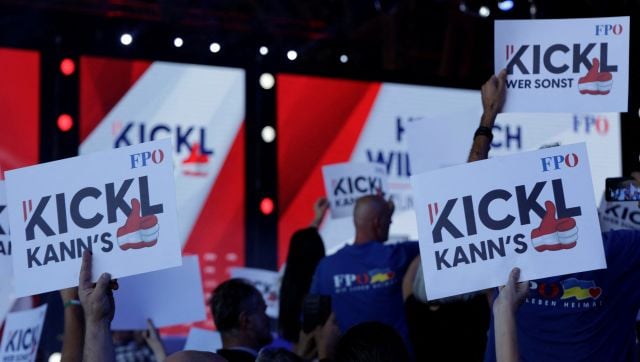
It is because of these reasons, perhaps, that Kickl will find it difficult to find coalition partners. In fact, Austria’s Karl Nehammer, of the rival conservative Austrian People’s Party, has called the 55-year-old a “right-wing extremist.” Moreover, Andreas Babler, leader of the left-wing Social Democratic Party, even told Kickl during a TV debate, “I think you are extremely dangerous.”
A former acquaintance of Kickl also told the Irish Times that the 55-year-old’s mistrust of everyone around him also makes it difficult to be his ally.
But another chimes in, saying to the newspaper, “Herbert reminds me of someone with a substance addiction, but in his case the substance is political moods and majorities. He’s an expert at spotting what people need now, and manipulates language to shift the public mood. He loves recognition for that but, like all addicts, he will never be satisfied.”
Even others agree that if Kickl came to power in Austria, the country’s role in the EU would be “significantly different”. As Kathrin Stainer-Haemmerle, a political science professor at the Carinthia University of Applied Sciences told Reuters, “Kickl has often said that [Hungarian Prime Minister] Viktor Orban is a role model for him and he will stand by him.”

